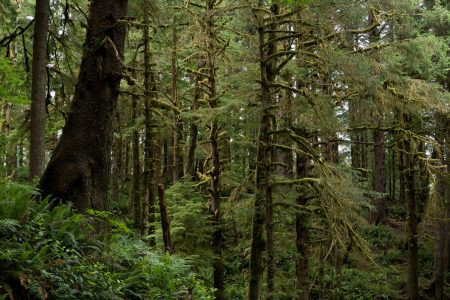UK Nature Recovery Network launch

The beginning of November saw the launch of the new Nature Recovery Network (NRN), which aims to expand, improve and connect wildlife-rich places across towns, cities and the countryside in the UK. There is an emphasis on increasing connectivity between habitat patches, and planning land management to enhance other ecosystem services, such as carbon storage and flood mitigation, and improving soil, water and air quality.
The following objectives have been set out to achieve by 2042:
- Restore 75% of protected sites on land and freshwater to favourable condition
- Create or restore 500,000 ha of additional wildlife-rich habitat outside of protected sites
- Recover threatened and iconic animal and plant species by providing more, diverse and better connected habitats
- Support work to increase woodland cover
- Achieve a range of environmental, economic and social benefits, such as carbon capture, flood management, clean water, pollination and recreation
The government has created a £25 million Nature Recovery Fund, which will help mobilise businesses, landowners, and local communities to protect and restore landscapes. In addition, the £640 million Nature for Climate Fund will finance creation, restoration and management of peatland and woodland. £40 million of these funds will be used imminently as part of the green COVID recovery strategy, forming part of the Green Recovery Challenge Fund. These figures can be put in perspective by comparing with government spending in other sectors – for example, £27 billion will be invested in road building and maintenance (1080-times larger than the Nature Recovery Fund).
The delivery of the NRN is led by Natural England, supported by Defra, the Environment Agency and the Forestry Commission, as well as a management group comprising government organisations and sectoral representatives such as the RSPB and the National Farmers’ Union. Organisations in any sector can also become an NRN Delivery Partner, to help coordinate planning and implementation of the NRN across the country. The NRN is supported by legislation in the form of the Environment Bill which will, for example, mandate biodiversity “net gain” from any development project. How genuine biodiversity benefits are quantified remains a critical question demanding much engagement from the science community.
Read the government policy paper here.




